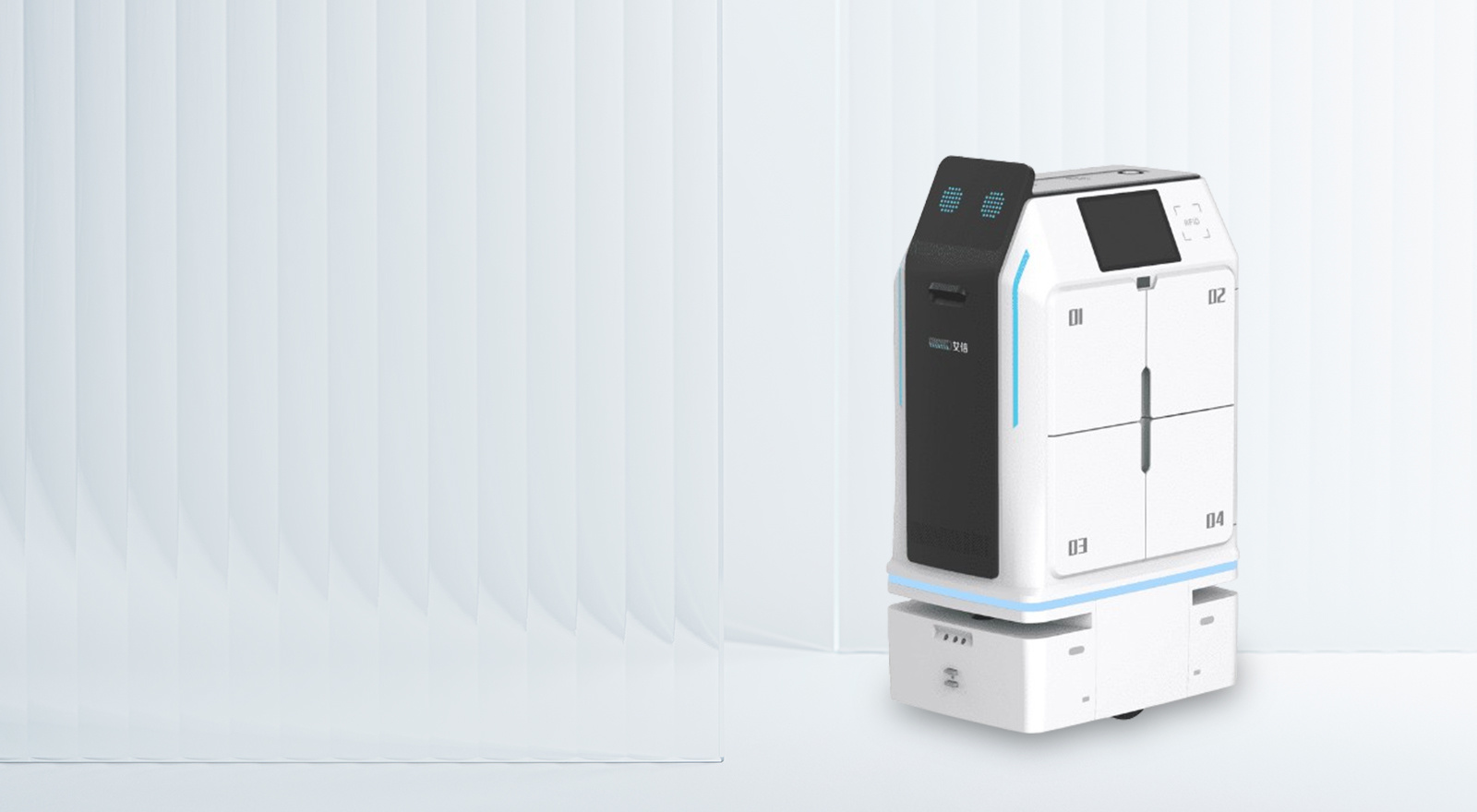Products
Drones, also known as unmanned aerial vehicles (UAVs), are increasingly being utilized in the healthcare sector to address challenges related to accessibility, speed, and efficiency. Their ability to navigate difficult terrains and deliver goods quickly makes them a valuable tool in medical logistics, emergency response, and public health initiatives.

Esseniot Drones Transport Solution in Healthcare
-
Medical Supply Delivery
-
Remote Areas: Drones deliver essential medical supplies, such as vaccines, medications, blood, and diagnostic samples, to remote or hard-to-reach areas.
-
Disaster Zones: In emergencies like earthquakes, floods, or pandemics, drones transport critical supplies when traditional infrastructure is damaged or inaccessible.
-
-
Emergency Response
-
Drones equipped with defibrillators or first-aid kits can reach accident sites or cardiac arrest patients faster than ambulances, potentially saving lives.
-
They can also provide real-time video feeds to emergency responders, helping them assess situations before arriving on-site.
-
-
Organ Transport
-
Drones are being used to transport organs for transplantation, reducing delivery times and improving the viability of organs.
-
-
Public Health Surveillance
-
Drones monitor disease outbreaks by collecting environmental samples (e.g., water or air) in areas affected by infectious diseases.
-
They can also spray insecticides to control mosquito populations in regions with malaria or dengue outbreaks.
-
-
Telemedicine Support
-
Drones can deliver telemedicine equipment to remote locations, enabling healthcare providers to conduct virtual consultations and diagnostics.
-
-
Blood and Vaccine Distribution
-
In regions with limited cold chain infrastructure, drones transport temperature-sensitive blood products and vaccines while maintaining their integrity.
-
Benefits of Drones Transport Solution in Healthcare
-
Improved Access to Healthcare
-
Drones bridge the gap in healthcare delivery for underserved or geographically isolated populations.
-
-
Faster Response Times
-
In emergencies, drones can significantly reduce the time it takes to deliver life-saving supplies or equipment.
-
-
Cost-Effectiveness
-
Drones reduce transportation costs, especially in remote areas where traditional delivery methods are expensive or impractical.
-
-
Enhanced Efficiency
-
Automated drone systems streamline logistics, ensuring timely delivery of medical supplies and reducing waste.
-
-
Reduced Risk to Healthcare Workers
-
In hazardous environments (e.g., disaster zones or infectious disease outbreaks), drones minimize the need for human exposure.
-
-
Environmental Benefits
-
Drones are often electric or hybrid, producing fewer emissions compared to traditional delivery vehicles.
-
-
Scalability
-
Drone networks can be rapidly deployed and scaled to meet the demands of large-scale emergencies or public health campaigns.
-
undefined







